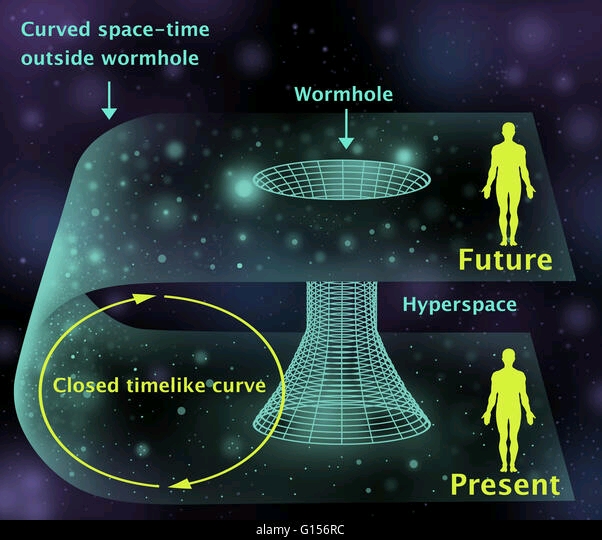Colonizing Mars: Lessons Learned and Applied for Interstellar Colonization
Introduction
Mars, our planetary neighbor, has captivated our imagination as a potential outpost for humanity. As we embark on Mars colonization efforts, the lessons we learn from this endeavor hold valuable insights for even grander aspirations: interstellar colonization. In this article, we'll explore how the experiences gained from colonizing Mars could pave the way for future journeys beyond our solar system.
**Resource Utilization and Self-Sufficiency**
1. **Martian Resource Utilization**
Mars colonization demands creative resource utilization. We've seen pioneering efforts to produce water, oxygen, and even building materials from the planet's regolith. These practices, if perfected, could serve as models for extracting resources from alien worlds during interstellar travel.
2. **Scaling for Interstellar Travel**
The lessons from Mars become magnified when considering interstellar journeys. Designing vessels to use local resources efficiently is key to self-sufficiency. Technologies developed for Mars, like 3D printing and ISRU, could be adapted to construct interstellar ships and supply essential resources during extended voyages.
**Habitat Design and Psychological Well-being**
1. **Martian Habitat Design**
The architectural innovations for Mars habitats prioritize durability, radiation protection, and efficient use of space. These principles are transferable to interstellar vessel design, where creating a sustainable, psychologically supportive environment becomes paramount for maintaining crew cohesion and well-being.
2. **Coping with Isolation and Distance**
Mars colonists experience isolation and separation from Earth, shedding light on the psychological challenges posed by long-duration space travel. Insights gained from managing mental health on Mars could be invaluable for crafting strategies to address isolation, monotony, and confinement during interstellar journeys.
**Sustainability and Long-Term Planning**
1. **Mars as a Stepping Stone**
Mars serves as a stepping stone in our journey toward interstellar colonization. By honing resource management, habitat design, and human adaptability on Mars, we can refine our strategies for self-sufficient, sustainable journeys to other star systems.
2. **Interstellar Ethical Considerations**
While Mars colonization raises ethical dilemmas, such as the potential for irreversible planetary changes, interstellar colonization introduces new questions. The idea of sending generations on one-way journeys forces us to confront issues of consent, societal dynamics, and stewardship of alien ecosystems.
**Conclusion**
The experiences gathered from Mars colonization efforts offer a wealth of knowledge applicable to interstellar colonization. From resource utilization to psychological well-being, the blueprint we create on Mars has the potential to shape our approach to colonizing distant star systems, fostering resilience, sustainability, and a responsible ethical framework.
---
Warp Drives and Wormholes: Theories and Realities of Faster-Than-Light Travel
Humanity's yearning to explore the cosmos has fueled the imagination of scientists, writers, and dreamers alike. The concept of faster-than-light (FTL) travel through warp drives and wormholes tantalizes our curiosity. In this article, we'll embark on a journey through the theoretical and practical aspects of these concepts, exploring the potential avenues they offer for interstellar exploration.
**Warp Drives: Theory and Possibility**
1. **Alcubierre Warp Drive**
The Alcubierre drive, a theoretical construct inspired by Einstein's equations, envisions bending spacetime to create a warp bubble that carries a spacecraft faster than the speed of light. While this concept captures the imagination, it faces challenges like the requirement for exotic matter with negative energy density.
2. **Quantum Vacuum Propulsion**
Quantum vacuum propulsion, rooted in quantum field theory, proposes extracting energy from the vacuum of space to propel a spacecraft. Although this idea hinges on complex physics, it represents an alternative approach to achieving FTL speeds without bending spacetime.
**Wormholes: Bridges in Spacetime**
1. **Einstein-Rosen Bridges**
Wormholes, Einstein-Rosen bridges, are hypothetical tunnels in spacetime that could potentially connect distant regions. However, creating and stabilizing a traversable wormhole remains a formidable challenge due to their inherent instability.
2. **Challenges and Paradoxes**
The challenges surrounding wormholes are twofold: ensuring their stability and traversability. Theoretical constructs like the "holographic principle" have been suggested to address potential paradoxes arising from the existence of wormholes, such as causality violations.
**Scientific and Ethical Implications**
1. **Validity and Limits of Theories**
While the concept of warp drives and wormholes captures public imagination, they remain in the realm of
theoretical physics. Scientific scrutiny, mathematical models, and experimental validation are necessary to determine their feasibility and relevance.
2. **Ethical Considerations of FTL Travel**
The theoretical possibility of FTL travel raises profound ethical questions. Altering causality, potential interference with alien civilizations, and the impact on human identity and culture all warrant serious consideration.
Warp drives and wormholes, once the realm of science fiction, are now subjects of scientific exploration. As we delve deeper into these concepts, we must navigate the fine line between theoretical fascination and practical application. While FTL travel remains speculative, its study challenges our understanding of the universe and offers a glimpse into the boundless possibilities that lie beyond our current grasp.








Comments
Post a Comment